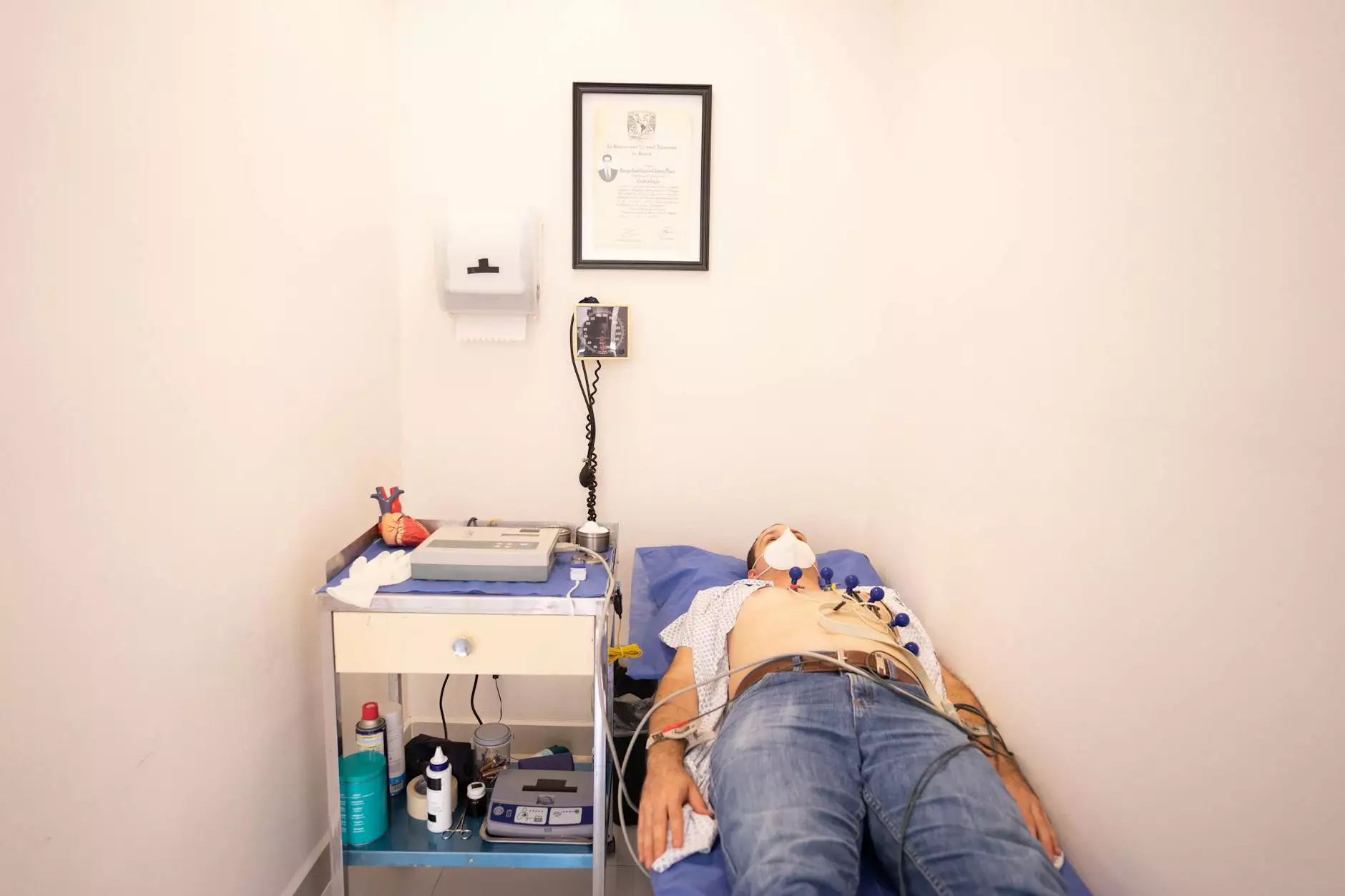Thoracic Aneurysm - Borough Park Brooklyn, NY | Greenstem Clinic

What is Thoracic Aneurysm?
A thoracic aneurysm is a vascular condition that affects the aorta in the thoracic region. The aorta is the largest blood vessel in our body, and it carries oxygenated blood from the heart to various parts of the body. When the wall of the aorta weakens, it can lead to an abnormal bulging or ballooning called an aneurysm.
There are two main types of thoracic aneurysms:
- Ascending thoracic aneurysm: This type occurs in the ascending aorta, which is the portion that rises from the heart.
- Descending thoracic aneurysm: This type occurs in the descending aorta, which is the portion that extends from the arch of the aorta to the abdomen.
Causes and Risk Factors
Thoracic aneurysms can develop due to a variety of factors, including:
- High blood pressure (hypertension)
- Atherosclerosis (plaque buildup in the arteries)
- Genetic factors
- Connective tissue disorders
- Infections or inflammation in the aorta
- Smoking
- Injury or trauma to the chest
Risk factors that may increase the likelihood of developing a thoracic aneurysm include:
- Age (being older than 60)
- Male gender
- Family history of aneurysms
- Smoking or tobacco use
- High blood pressure
- High cholesterol levels
- Obesity
- Connective tissue disorders (e.g., Marfan syndrome, Ehlers-Danlos syndrome)
Symptoms and Diagnosis
Many thoracic aneurysms may not cause noticeable symptoms, especially in the early stages. However, as the aneurysm grows, patients may experience:
- Chest or back pain
- Shortness of breath
- Difficulty swallowing
- Hoarseness
- Wheezing
- Coughing up blood
- Swelling in the neck or arms
- Rapid heartbeat
At Greenstem Clinic, we utilize advanced diagnostic techniques to assess thoracic aneurysms. Our skilled healthcare professionals may recommend:
- Imaging tests such as CT scan, MRI, or ultrasound
- Blood tests to check for genetic conditions
- Physical examination and medical history review
Treatment Options
At Greenstem Clinic, we provide comprehensive treatment options for thoracic aneurysms based on individual patient needs. Treatment approaches may include:
- Monitoring: In cases where the aneurysm is small and not causing symptoms, regular monitoring and follow-up imaging tests may be recommended.
- Medications: Certain medications can help manage blood pressure, cholesterol levels, and reduce the risk of further complications.
- Endovascular repair: This minimally invasive procedure involves inserting a stent graft into the affected area to support the weakened aortic wall.
- Open repair: In complex cases, traditional open surgery may be necessary to repair or replace the weakened section of the aorta.
Our experienced team of cardiovascular specialists will assess your condition and discuss the best treatment options tailored to your unique situation.
Why Choose Greenstem Clinic?
At Greenstem Clinic, we take pride in providing top-notch care and treatment for thoracic aneurysms. Here are some reasons to choose us:
- Expertise and Experience: Our team of highly skilled healthcare professionals specializes in the diagnosis and treatment of vascular conditions, including thoracic aneurysms.
- State-of-the-Art Facilities: We are equipped with advanced medical technologies and state-of-the-art facilities to ensure accurate diagnosis and effective treatment.
- Comprehensive Approach: We offer a comprehensive approach to thoracic aneurysm care, combining medical management, minimally invasive procedures, and surgical interventions.
- Personalized Care: We believe in personalized care and strive to develop customized treatment plans that meet the unique needs and preferences of each patient.
- Collaborative Team: Our multidisciplinary team works together to provide seamless, coordinated care, ensuring the best possible outcomes for our patients.
Don't let a thoracic aneurysm go untreated. Contact Greenstem Clinic today to schedule a consultation with our experienced team of cardiovascular specialists.









